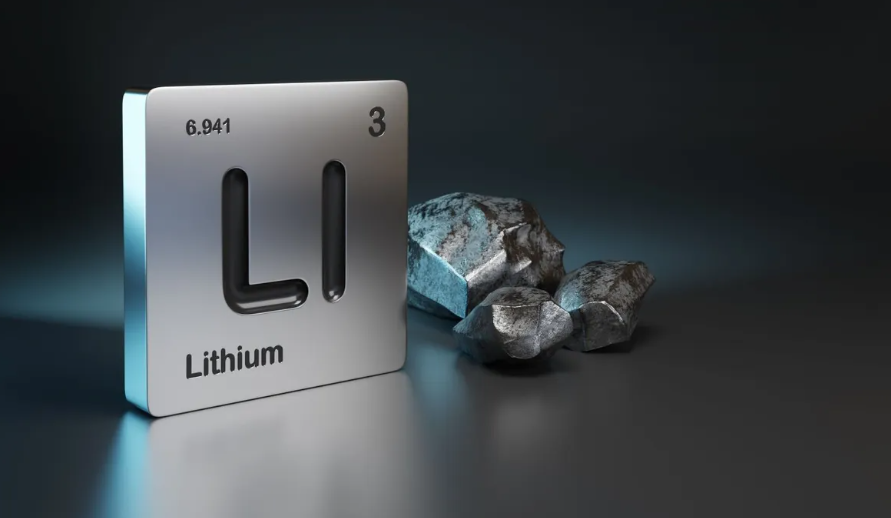Bhubaneswar, Odisha, 29/01/2025: A recent study conducted by the Geological Survey of India (GSI) has revealed the presence of lithium deposits in certain districts of Odisha, according to senior GSI officials. Lithium, a critical metal widely used in battery production, glass manufacturing, and aluminum products, has so far been primarily reported in regions of Karnataka and Jammu and Kashmir. The discovery in Odisha marks a significant step toward strengthening India’s domestic supply of this essential mineral, which is increasingly vital for renewable energy and electric vehicle (EV) technologies.
The announcement came as attendees prepared for the two-day National Mines Ministers’ Conference in Konark, which began on Monday. Union Mines Secretary V L Kantha Rao highlighted that the GSI is employing cutting-edge survey methods, including drone technology and artificial intelligence, to identify and map valuable mineral resources such as lithium and copper. Rao noted that drone-based surveys have made mineral exploration faster, more precise, and cost-effective. Two pilot projects—one in Rajasthan and another in Mayurbhanj, Odisha—have already demonstrated the efficiency of these technologies, with plans to intensify exploration in districts where mining operations have been dormant for years.
Addressing the media, Rao emphasized that Odisha’s mining operations have become a benchmark for the nation, given that the state contributes nearly 50% of India’s total mineral output. The Mines Ministers’ Conference, he noted, provides an essential platform for collaboration, innovation, and the advancement of geosciences across the country. During the 64th meeting of the Central Geological Programming Board (CGPB), Rao outlined key initiatives, including the Critical Mineral Mission and the Offshore Mining program, both aimed at boosting domestic mineral production and reducing import dependence.
Rao also highlighted the successful auction of 24 critical mineral blocks in the 2024-25 fiscal year and the launch of India’s first-ever auction of 13 offshore mineral blocks. He encouraged exploration agencies to utilize National Mineral Exploration Trust (NMET) funds for enhanced survey activities, research, and development projects. Further initiatives are planned to issue more exploration licenses, allowing private sector agencies to actively participate in mineral discovery and development.
Regarding the potential implications of lithium discoveries, Rao stated, “If lithium reserves are confirmed in Odisha, it could pave the way for establishing electric vehicle manufacturing units in the state,” thereby promoting local industry, creating employment opportunities, and strengthening India’s push toward clean energy and sustainable transport.
The GSI study, combined with the conference discussions, underscores the critical role of innovative technologies and systematic exploration in unlocking India’s vast mineral potential. With strategic investments and policy support, Odisha could emerge as a key hub for critical minerals, driving industrial growth, renewable energy adoption, and the country’s broader ambitions in energy transition and technological self-reliance.


